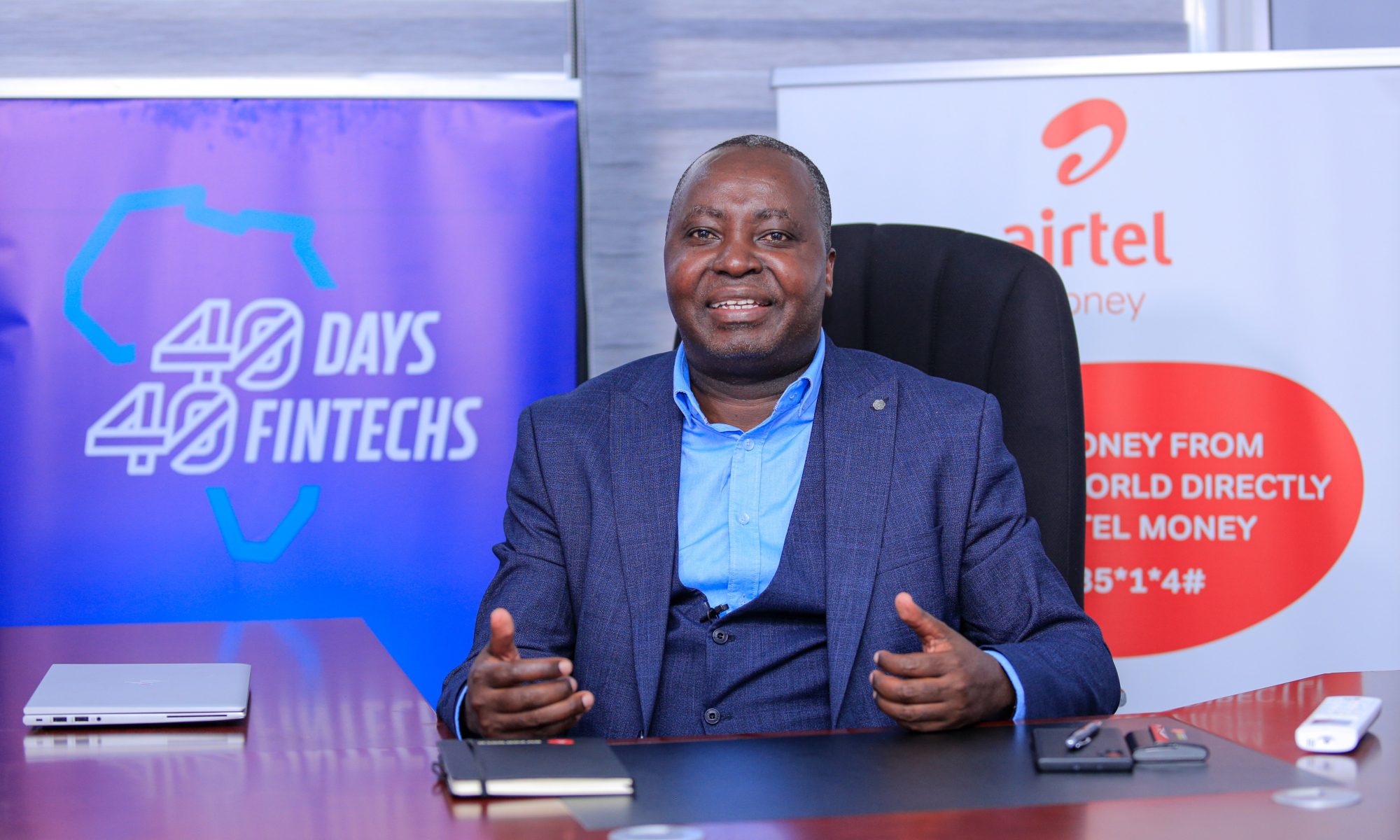Our Reporter.
Many Ugandan traders in the informal sector have been shut out of digital and financial inclusion drives because of their lack of required knowledge, devices and paperwork to register their businesses. In the end, boda boda riders, charcoal traders, tomato sellers, salon operators, etc., remain stuck in the cash economy with all its risks and inconveniences.
This is a problem that Airtel Mobile Commerce has spent the last few months trying to solve, and with tangible progress.
According to Japhet ARITHO, the Managing Director Airtel Mobile Commerce Uganda Limited (AMCUL), thousands of informal traders have been on-boarded to a digital payments system without necessarily having to register as a business. The trick is in enabling a separation between personal transactions and business transactions such that the trader can accept payment on their personal phone, but the money moves into a different account. This is all possible through a product named Airtel Micro Merchant.
“Traders get the Airtel Micro Merchant account without doing any documentation; you can actually do it in the comfort of your business or home, by dialing *185*10*10# and you are able to enter the business name and Airtel Money pin and then get a merchant code,” Aritho says.
It is this pin that these traders give to clients to make payments. This, he says, has greatly reduced the risk of scammers because the mobile number of the recipient/trader is no longer required.
When a trader receives payment, the money moves to their business wallet which they can easily access and transfer it to their personal line at no cost.
“You can as well pay another businessperson at no additional cost. You can also transfer to the bank, withdraw it from an Airtel agent [we have over 140,000 agents out there]. This withdrawal will attract the normal charges,” he adds.
Aritho is optimistic that the Airtel Micro Merchant platform will play a significant role in digitizing payments in the informal sector where most mobile service providers fear to venture.
FinTech, Savings and Loans.
Airtel Mobile Commerce is a now a registered FinTech regulated by the bank of Uganda and offering various products in collections, savings, credit, payments and transfers in partnership with other financial service providers.
One unique product is Wewole, implemented in partnership with Jumo World. Arithosays Wewole has been one of the most successful products, helping out players in small businesses to access cheap credit instantly.
“Over 2.5 million customers have taken a loan between UGX 3,000 and one million depending on what they do. I want to ask our customers to continue using Airtel money regularly because the more they use it, the more they qualify for higher loans. We have 14-day loans and a 30-day loan. The interest is very reasonable compared to market rates,” he says.
Just in June this year, more than 400,000 people took Wewole loans amounting to more than UGX 8bn and the repayment behavior in encouraging.
“Majority pay before the due date and those that delay, pay shortly after. This is a good product that we can scale up through data mining, to ensure that we don’t give people more than what they can repay. We believe that by the end of this year, more than 10 million of our customers will be able to access this product,” he adds.
While many believe in growing businesses through acquiring loans, there is a school of thought that believes savings can build credit. This is why Airtel also introduced the Super Saver product in partnership with KCB Bank to help their clients grow their creditworthiness through savings.
“SUPER SAVER is a service available to all Airtel mobile money customers and the deposits are safeguarded by the deposits protection fund. If you look at interest in commercial banks, it is between one and three percent yet our Super Saver account gives you a five percent interest.”
Open APIs.
As a way of further supporting businesses, Airtel Money rolled out open APIs (Application Programming Interfaces) that enable any organization in the country to integrate Airtel Money within two working days and start transacting.
“It has been demonstrated that in a month we are able to do 50 integrations of this nature. These APIs are open to everyone. We let the business work on its customer journey and then integrate with us thereafter,” he says.
40 Days 40 FinTechs.
Airtel Money is participant number twenty-second (22nd) in this year’s 40 Days 40 FinTechs initiative organized by HiPipo in partnership with Level One Project, Mojaloop, ModusBox, and Crosslake Technologies, and supported by the Gates Foundation.
The 40 Days 40 FinTechs initiative offers participants useful tools and an introduction to the industry’s emerging technologies, such as Mojaloop Open Source Software, and guidance from Level One Project foundational material.
Aritho is thankful to HiPipo and partners for the 40 Days 40 FinTechs initiative that allows open and candid discussions about the financial technology industry in addition to creating awareness about the different players and what they have to offer.
HiPipo CEO Innocent Kawooya thanked Airtel Money for the many innovations in the FinTech space and applauded them for their open APIs which will definitely drive interoperability.
“Airtel Money has one of the biggest customer base in Uganda. If they avail these numbers to the FinTech marketplace, then our push for including everyone becomes very easy. Airtel Micro Merchant will surely go a long way in helping small businesses manage their payments. Another product that has done wonders for the market is Wewole in partnership with Jumo World. It continues to bail out thousands of Ugandans with instant access to funds,” he said.

